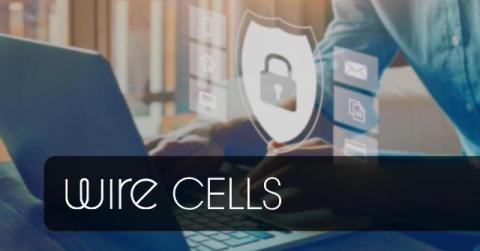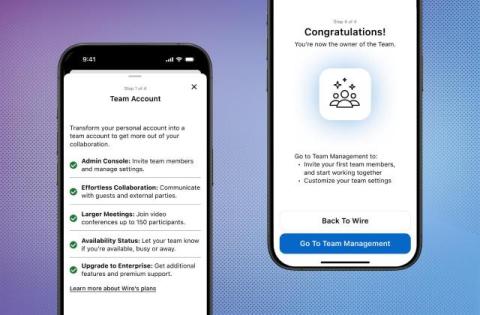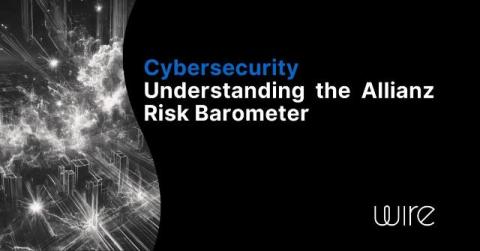Running outdated versions of Synapse is a problem
The German Federal Office for Information Security clearly states that it is good security practice to update software as soon as possible when there are new fixes published by the software manufacturer. Similarly, the Cyber Resilience Act in section 56 states: “One of the most important measures for users to take in order to protect their products with digital elements from cyberattacks is to install the latest available security updates as soon as possible.”











